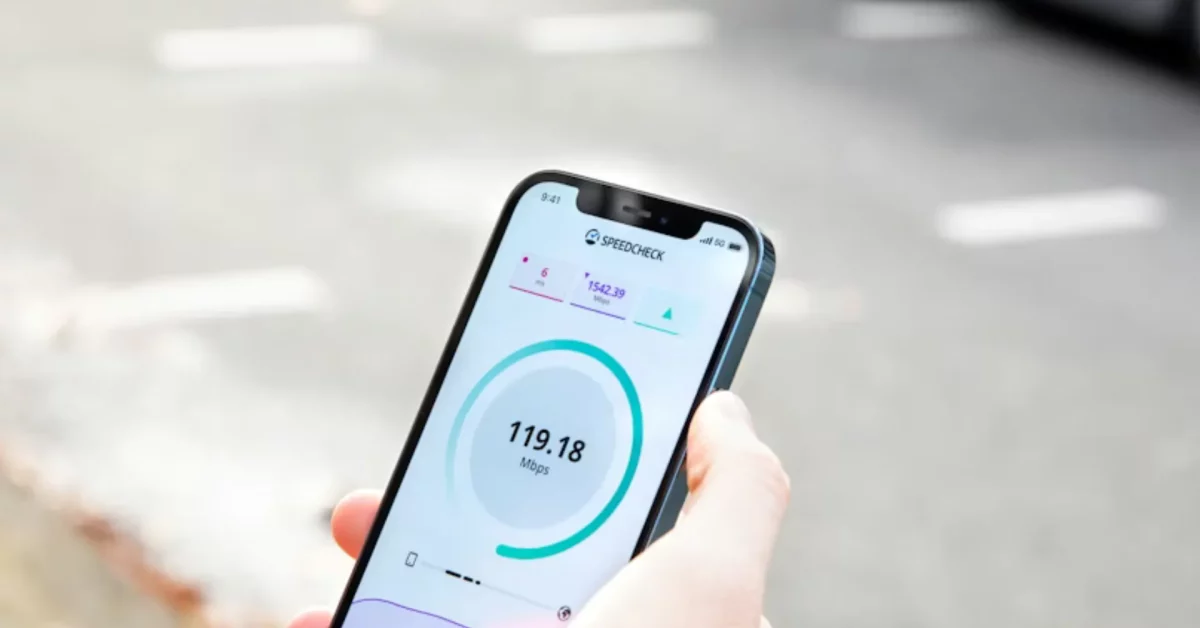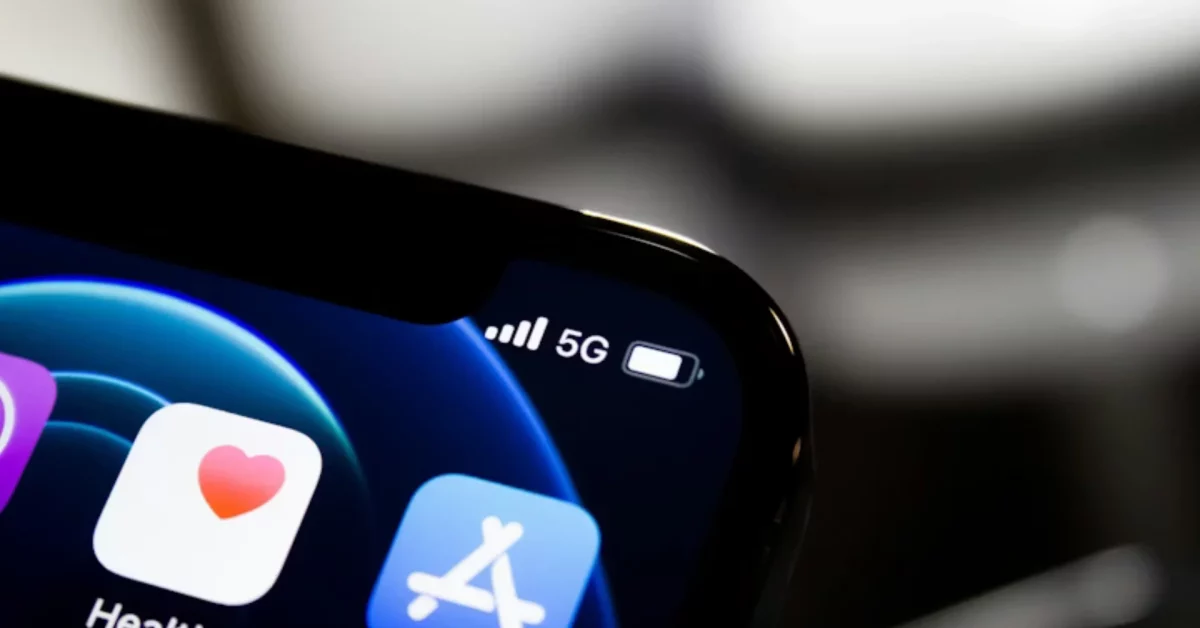
Jazz successfully rolls out Massive MIMO technology to deliver premium LTE experience
July 20, 2021
Two Telecom firms offering eSIM’s for their customers in Pakistan
July 26, 2021Japan breaks the internet transfer record by moving data at 319Tbps
While 5G technology has been deemed as the pinnacle of internet/mobile communications, we are in for a new revolution how we transfer data. Scientists at Japan’s National Institute of Information and Communications Technology (NICT) broke the record for the fastest internet speed, achieving a data transfer rate of 319 terabits per second. The paper titled ‘Real-Time Transoceanic Coupled 4-Core Fiber Transmission’ stated “We report the first experimental demonstration of transoceanic distance real-time transmission over coupled multicore fibers. The WDM DP-QPSK signals were transmitted over 7,200-km coupled-core four-core fibers by a recirculating loop and demodulated by real-time MIMO DSP”. This feast by the Japanese scientist could possibly revolutionize the way we perceive internet communications.
Most homes users have a 10GB data transfer rate for their home internet connection. The previous record for the fastest internet data transfer was 178 Tb/s which was set in 2020. The new record is almost twice as fast as this one. The feat has been made conceivable with some ingenious engineering. The equipment used to achieve the speed consisted of existing fibre-optic infrastructure, although powered up with some add-ons. Four cores glass tubes inserted within the fibers that transmit data were used by the research team instead of the conventional standard core. A technique known as Wavelength-division multiplexing (WDM) was used to break down signals into several wavelengths.
This feat is important in the sense that it comes at a time when digitalization is on a rise. The post-pandemic world model is assumed to be based on a led user to user interaction. Banking, utility billing, tax payments, e-commerce, e-governance and many other digital platforms are evolving to ensure rapid and fast-paced yet contact-less service delivery. The vision of Digital Pakistan is also based on the same notion. The fast internet speed record achieved by the Japanese scientists has ensured that when implemented, users will have faster, reliable and timely access to important services through their phones everywhere.
Image Credits: Designed by Freepik






